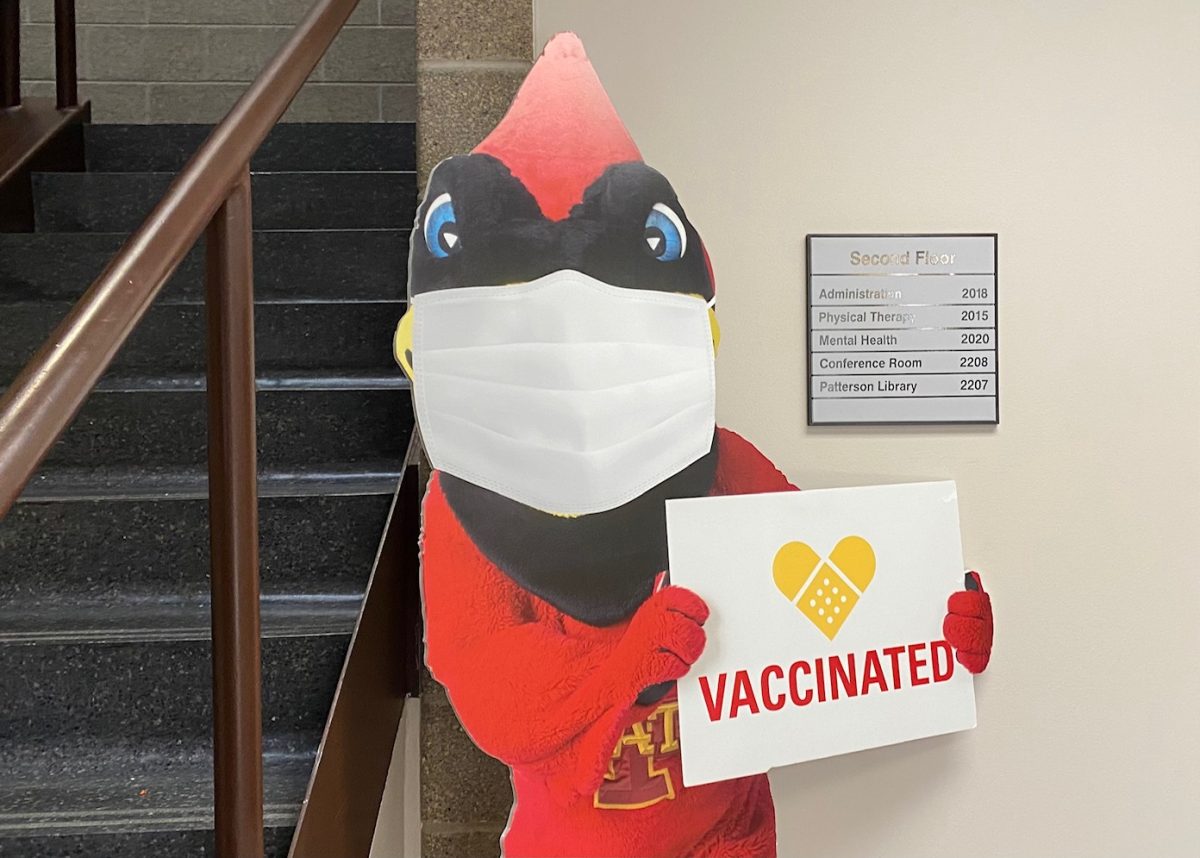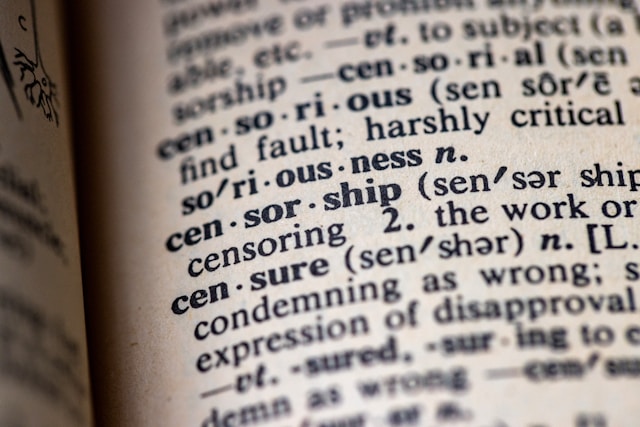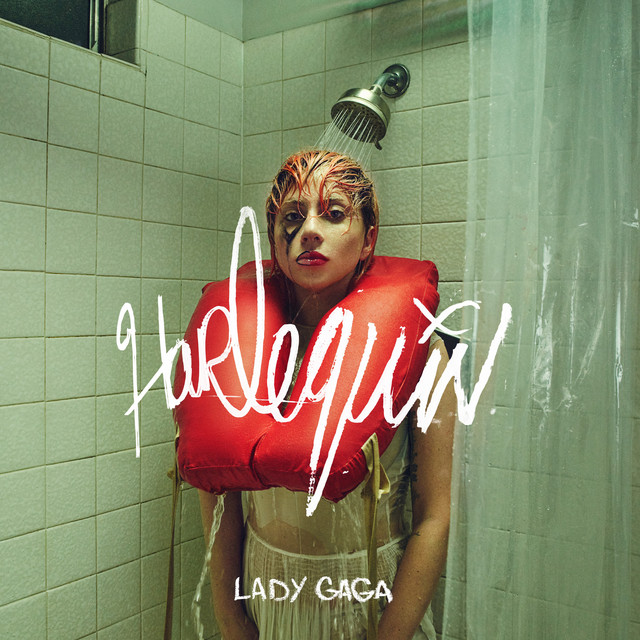Schoolbytes.com bails out student slackers
May 1, 1999
For students who put off reading books for class until the 11th hour, salvation has arrived in the form of Schoolbytes.com. But don’t try pulling the wool over professors’ eyes by claiming the work as your own, Iowa State officials say.
Schoolbytes.com is a Web site that offers book summaries, sample term papers and an array of other tools designed to aid the procrastinating lot.
Schoolbytes.com was founded by Vanderbilt University graduate Mike Burgess and Canisius College graduate Mark Saldanha last November after Saldanha ran into a roadblock when studying Shakespeare.
“I was a very lazy student in college. One night, instead of reading the book ‘MacBeth,’ I tried to find a plot summary instead. I couldn’t find one,” Saldanha said.
The initial funding came from both Burgess’ and Saldanha’s parents in the form of a $6,000 loan. The service is now paid for from advertising revenues.
Saldanha said he has generally received positive feedback about the Web site.
He said though the summaries and term papers are supposed to be used as references, some students might be tempted to pass off the work as their own.
Saldanha said copying term papers is strongly discouraged. According to the Web site, Schoolbytes.com takes no responsibility for plagiarism or fraudulent activity.
“The term papers are examples for students to look at and not to take, but students can make their own decision,” he said.
ISU officials said they want students who use the resource to be aware of the possible ramifications if they are caught plagiarizing.
Paul Tanaka, director of University Legal Services, said getting caught for plagiarism may have serious repercussions.
“The instructor will confront the student, and very often the problem can be resolved then,” Tanaka said. “The student may either receive a failing grade for the paper or semester, but if the student decides to argue, the matter is referred to Student Judicial Affairs.”
Grace Weigl, director of Student Judicial Affairs, said plagiarism occurs when people use information for personal gain without attributing it to the creator.
“Examples of plagiarism can be either unauthorized plagiarism, providing someone else with work or misuse of computer programs,” she said.
Weigl said students caught plagiarizing can be punished in varying degrees depending on the offense.
“There are three possible punishments, which are deferred suspension, a defined length suspension ranging from no less than one semester to no longer than two years and an indefinite suspension,” Weigl said.






